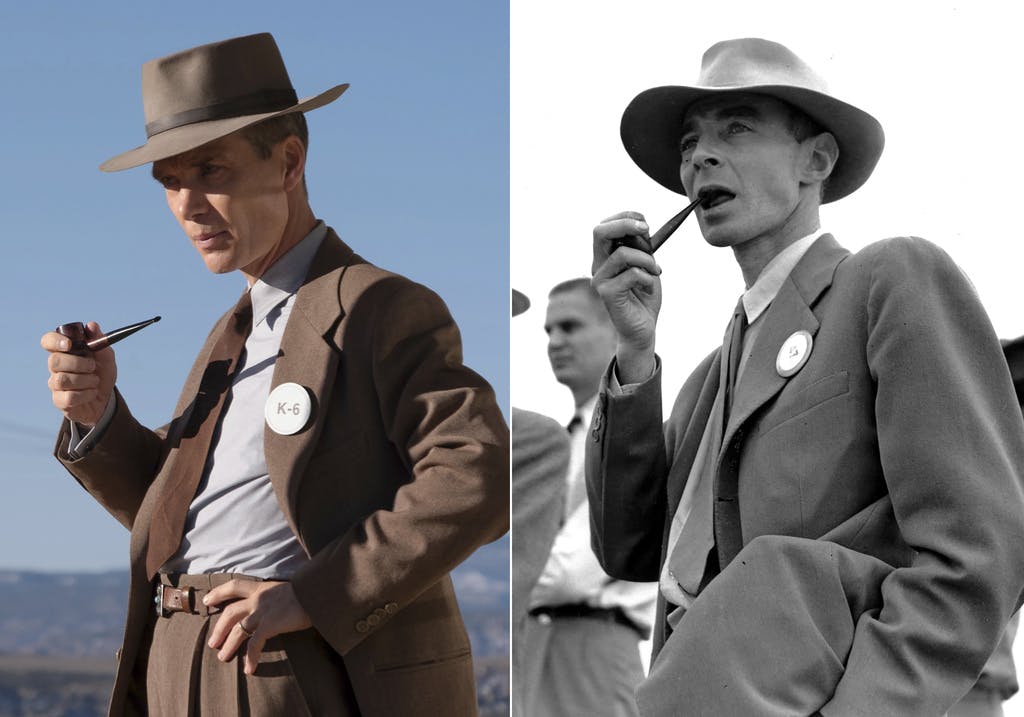
Florida Freeze Prompts Roundup of Cold-Stunned Iguanas as Thousands Fall From Trees
By LUKE FUNK
|Christopher Nolan’s biopic is based in large part on ‘American Prometheus,’ a book that depicts Oppenheimer as a victim of the Red Scare and largely glosses over his ties to communism.

Already have a subscription? Sign in to continue reading
$0.01/day for 60 days
Cancel anytime
By continuing you agree to our Privacy Policy and Terms of Service.
By THE NEW YORK SUN
|